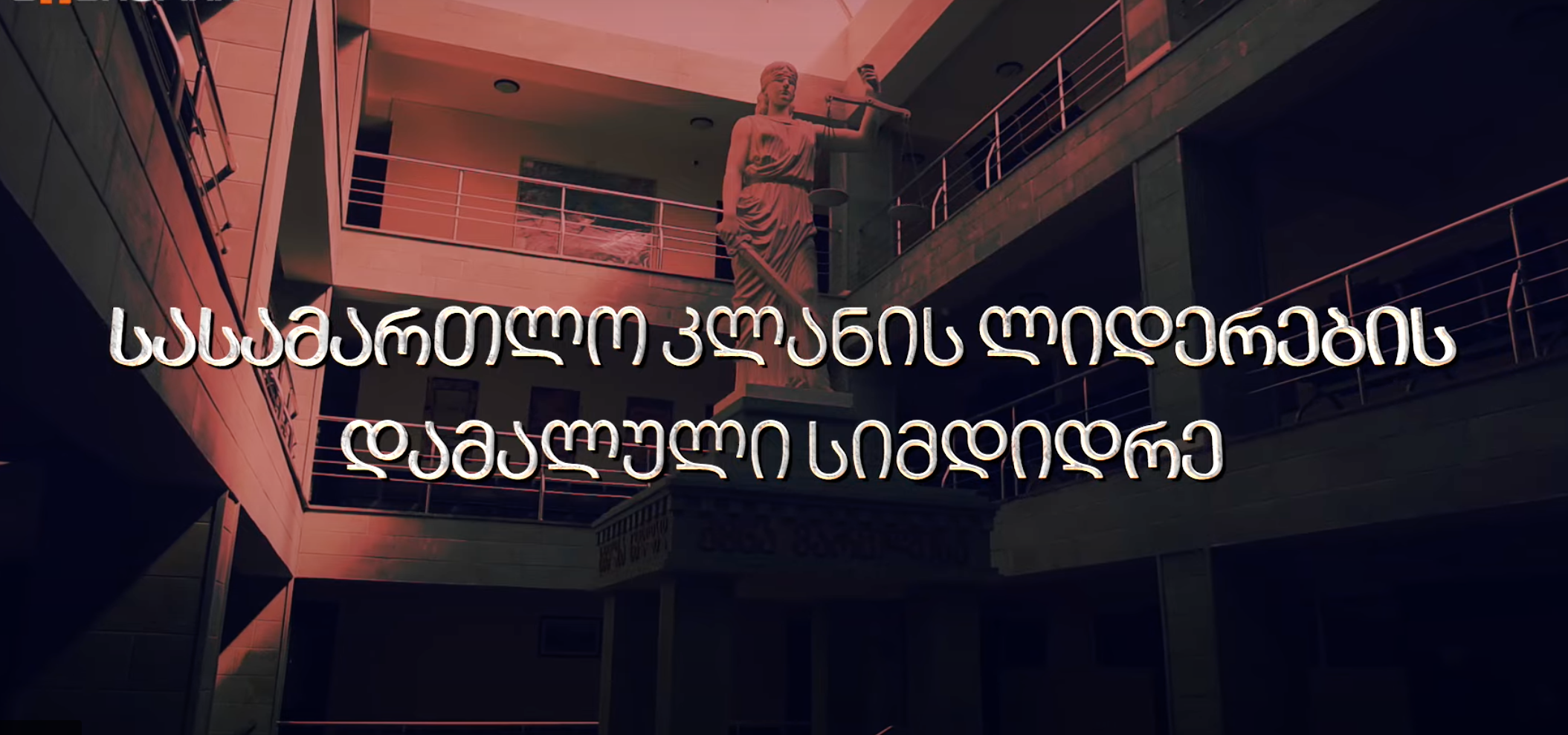საერთო ცხელი ხაზი +995 577 07 05 63


On August 6, 2022, a TV report entitled "Hidden wealth of the leaders of the judicial clan" was disseminated as part of a journalistic investigation by the Studio Monitor. The journalists report about the alleged undisclosed assets and income of influential judges in the judicial system. According to the journalistic investigation, the assets declared by the judges who have been holding the highest administrative positions in the judicial system for years, namely Mikheil Chinchaladze, Levan Murusidze, Irakli Bondarenko, Sergo Metofishvili, as well as the property and costs incurred by Lela Chania, head of the secretariat in the Tbilisi City Court, significantly exceed their income. It is assumed that judges may be hiding their properties and income by registering them in the names of their relatives, friends, and close acquaintances. Information about the property and income raises doubts about the legality of their origin. These undisclosed assets of judges and court officials may have been corruptly obtained, which may be an indication of systemic corruption within the judiciary.
The journalistic investigation reports on various ways through which the above judges conceal their income and property, for example:
The TV report offers a lot of factual information containing the signs of various crimes provided for in the Criminal Code of Georgia, which is a sufficient ground for launching a criminal case. Accordingly, the legislation of Georgia, the degree of gravity of the allegedly committed crimes, and the interest in protecting the principle of the rule of law require the immediate initiation of a criminal investigation in order to determine the origin of the property of the judges and establish whether the said property was obtained by any corrupt or other criminal means (bribery, money laundering, etc.).
If it is confirmed that the judges have committed the crimes stipulated in the Criminal Code, this, in turn, will constitute the grounds for initiating disciplinary proceedings against the judiciary. In particular, according to Article 751, Paragraph 8, Sub-Paragraph "c.a" of the Organic Law of Georgia “On Common Courts”, disciplinary misconduct may be the commission of a corruption offence by a judge (an act that violates the principle of good faith), including illegal and/or undocumented possession of the property. This violation, if confirmed, may serve as a basis for the dismissal of a judge.
Problems in the judicial system have repeatedly become the focus of attention of the domestic and international community. Signs of corruption in the judicial system cause serious damage to the principle of legality, public confidence in the court, and also indicate the dishonesty of judges, which is incompatible with their official position. In this regard, the disturbing facts investigated and disseminated by the media require an immediate response from those authorities whose scope of competence includes investigating such facts:
SIGNATURES:
The website accessibility instruction